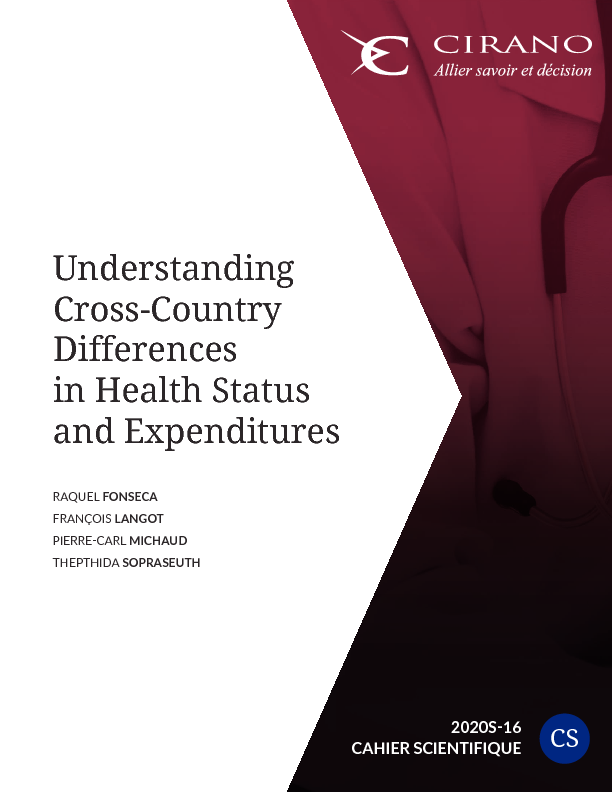Understanding Cross-Country Differences in Health Status and Expenditures
Using a general equilibrium heterogeneous agent model featuring health production, we quantify the relative contribution of price distortions in the health market, TFP and other health risks in explaining cross-country differences in health expenditure (as a share of GDP) and health status. Estimated parameters reveal a substantial price wedge that explains at most 20% of the difference in health spending (as a share of GDP) and 30% of the difference in health status between Europe and the U.S. We estimate a one percentage point negative impact on the life-time cost-of-living of Americans from higher prices due to inefficiencies.




